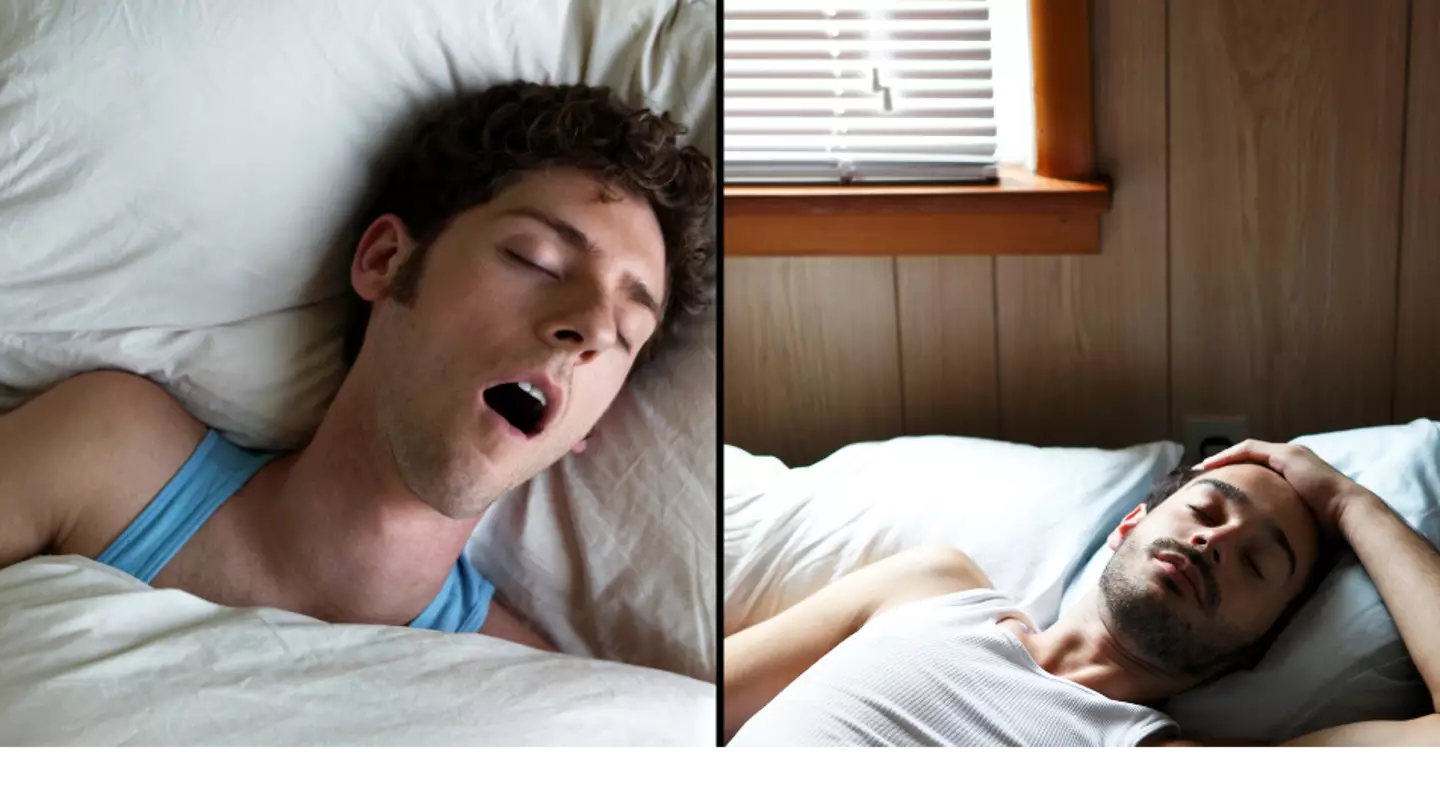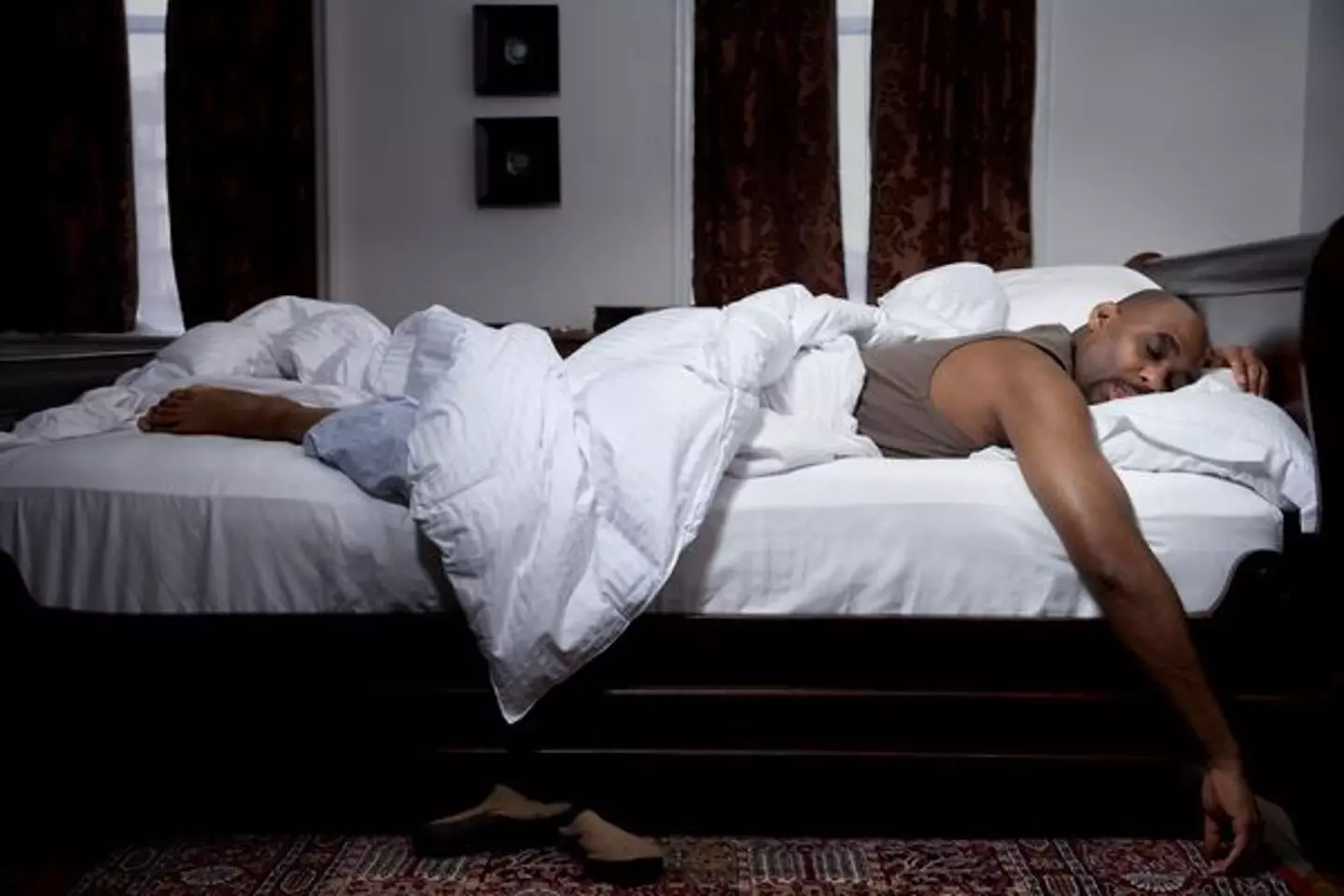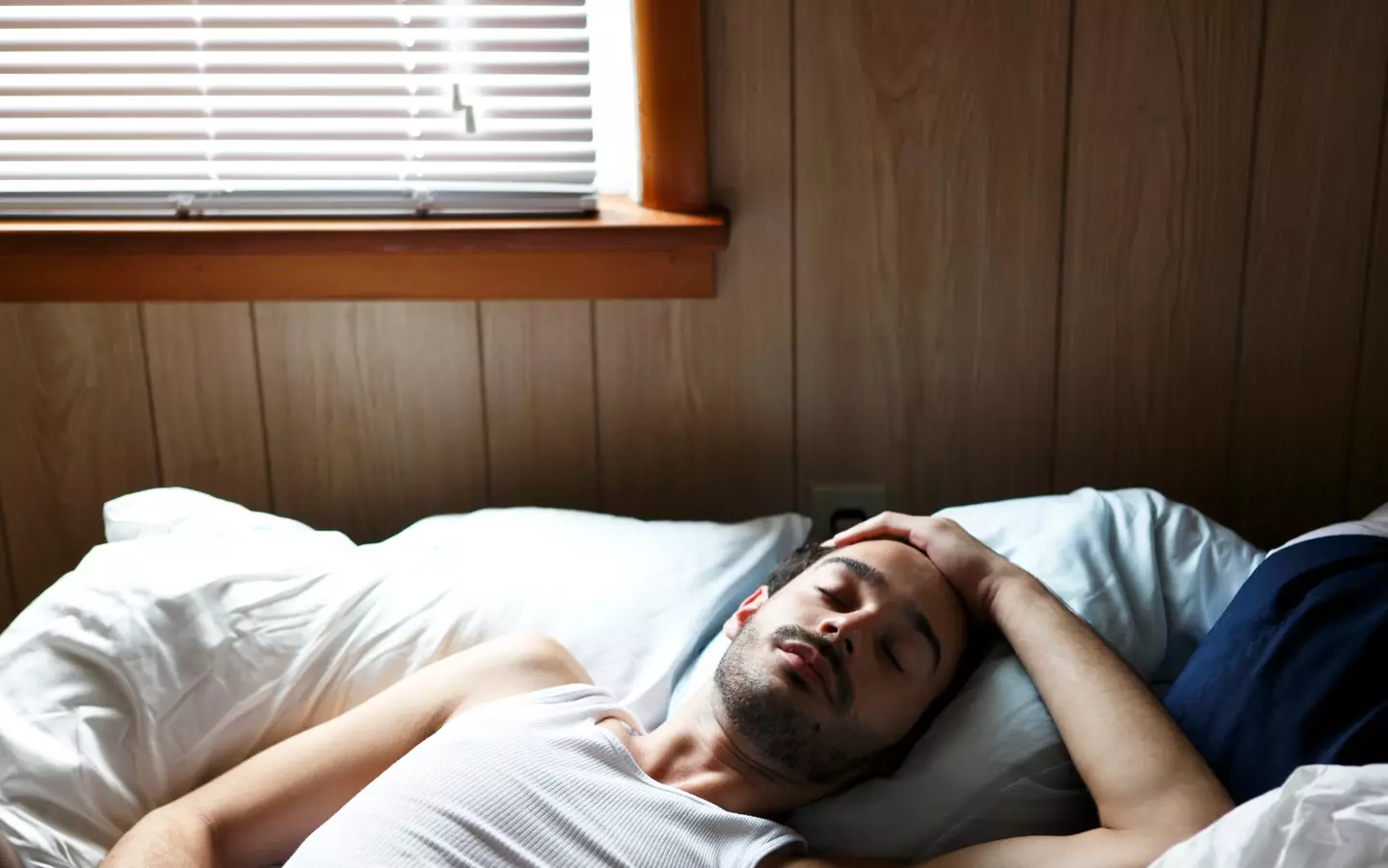
Sleep is crucial to us as humans to rest our minds and bodies ahead of the next day, and a lack of it can often have negative repercussions on your mental and physical health.
Despite adults needing an average of seven to nine hours of sleep, YouGov data reveals that 40% of Brits only get six hours, meaning that almost half of the UK adult population is sleep deprived.
There could be many reasons as to why adults aren't getting enough sleep though, whether it is illness, work, money issues, or any general adult life problem really.
Advert
Some people may have a very active mind though, that doesn't shut down even when it is bed time and it can be a huge pain to try and calm yourself before it is time to slumber.
A new method being touted as the solution to this issue is called the 'cognitive shuffle', with this quick and simple hack almost tricking your brain and stopping it from overthinking any issues or concerns running through your mind.
Sleep experts at Mattress Next Day advise that you incorporate the method into your sleep routine to get the best results.

The method is a simple five-minute head exercise, where you would list random items in your head that are easy to visualise and do not threaten your calmness.
Ensure that they are unrelated, for example, a guitar, carrots, Cinderella - this process should tire your brain out and help to keep it away from any negative thoughts or issues that are preventing you from falling asleep.
The experts also recommend that you develop good habits throughout the day, with one of them being to get some light immediately after waking up, whether that be through switching on a light or drawing your curtains, telling your brain to stop producing the sleep hormone melatonin.

Natural light is key too, with a 10-minute walk aiding in the production of your feel-good hormone, serotonin, which will boost your mood before bed and stop you from feeling negative while tiring your body out.
A 30-minute workout in the morning is also recommended, as exercise and sleep are intrinsically connected, with exercise being proven as a way to improve both the duration and quality of your sleep, and good sleep helping to increase energy levels for exercise.
If you think you have a sleeping problem and are struggling, the NHS recommends contacting your GP.